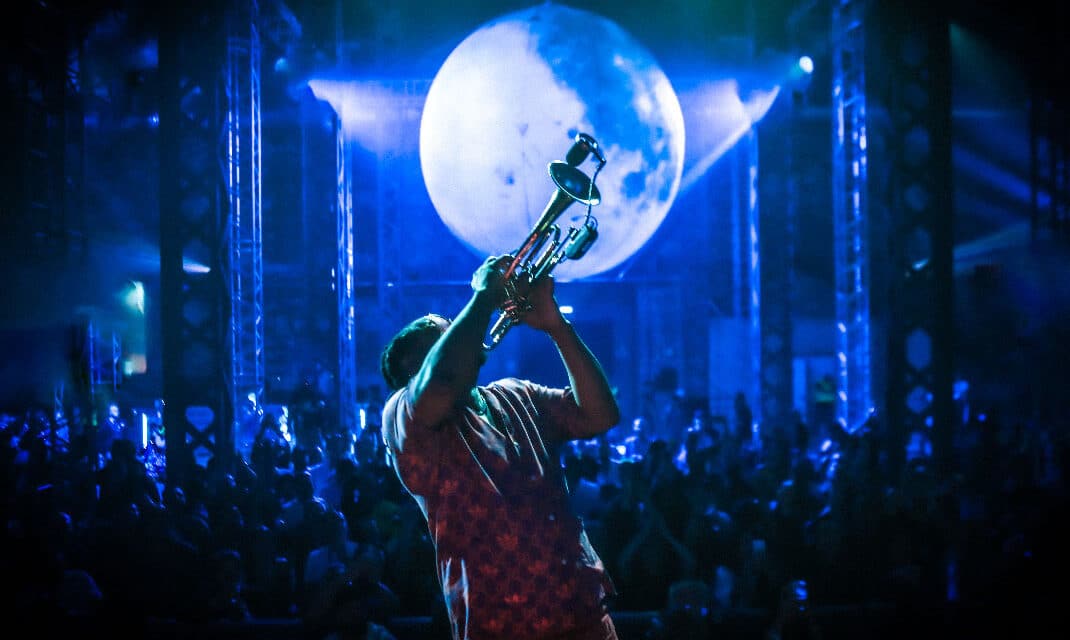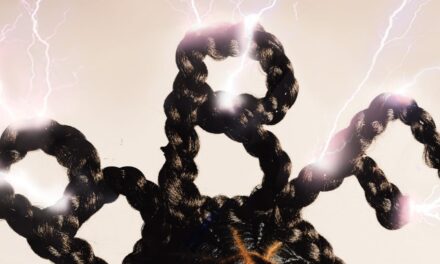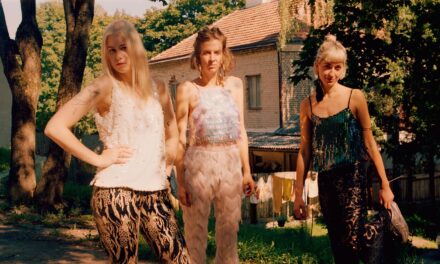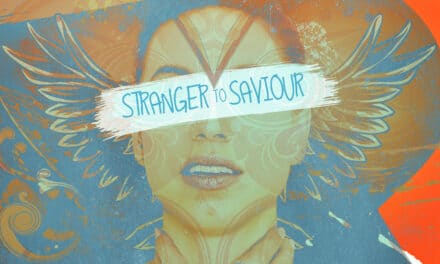Few artists embody evolution like Maurice “Mobetta” Brown. A GRAMMY-winning trumpeter, producer, lyricist, and composer, Brown’s sound refuses to stay in one lane. Instead, it shapeshifts — fusing jazz, hip-hop, funk, and soul into a modern dialect of groove and grit. His latest album, Betta Days (out now via his own label Mobetta Music, distributed by EMPIRE), captures that fearless fusion in full color.
The record brings together an all-star cast of collaborators — Kamasi Washington, MonoNeon, Rae Khalil, Cimafunk, OMAR and more — each track unfolding like a jam session between eras, genres, and spirits. From horn-driven anthems to funk-soaked meditations, Betta Days feels both deeply rooted and wildly forward-looking — a testament to Brown’s rare ability to bridge history and innovation.
“Brown’s music is a cross-pollination between the slicked electric textures of 1980s R&B, the warm grooves of Golden Era hip-hop, the thrashing power of rock and the effortless virtuosity of jazz,” The New York Times once wrote — and that blend is alive and blazing here.
Born in Harvey, Illinois, and raised through Chicago’s rich jazz lineage, Brown’s story is one of constant reinvention. A prodigy under the mentorship of Alvin Batiste, he first caught national attention as part of the National High School GRAMMY Band, before carving his sound in New Orleans with his debut, Hip to Bop. His horn soon became a passport — from smoky jazz clubs to festival stages, from the intimate soul of Aretha Franklin to the explosive energy of The Roots, Wyclef Jean, and De La Soul.
A pivotal chapter came when he joined the Tedeschi Trucks Band, where his brasswork helped shape the GRAMMY-winning album Revelator. But it’s his solo work — bold, collaborative, and deeply human — that cements Brown as one of the most boundary-breaking artists of his generation.
“With his horn, he can musically go anywhere,” says Talib Kweli. “He’s always welcome and often needed.”
As Betta Days lands, Brown is not slowing down. He’s preparing for a run of solo dates and select international shows with Anderson .Paak, continuing a partnership that has seen him grace the stages of the Hollywood Bowl, Newport Jazz Festival, and Blue Note Tokyo.
If jazz was ever in danger of becoming nostalgic, Maurice Brown makes sure it stays alive, electric, and deeply now. He’s not chasing trends — he’s expanding the vocabulary.
In his world, every note is a conversation between what was, what is, and what’s still possible.
And with Betta Days, that conversation sounds louder, freer, and more Mobetta than ever.
Betta Days feels like both a celebration and a reckoning — a call to evolve while staying grounded in love. What personal moment or realization sparked this project for you?
The moment that sparked Betta Days was when I finally admitted to myself that, on my past projects, I was still compromising — even if it was subtle. I was subconsciously trying to appease my jazz listeners, trying to make sure certain people would “approve” of what I was doing. This time, I let all of that go. I decided to make the album I truly wanted to make — with zero compromise, zero fear, zero filter. I wasn’t chasing validation or tradition. I was chasing truth. That’s why I can confidently say Betta Days is my most honest project to date. It’s not just a celebration — it’s me reclaiming my freedom.
You’ve seamlessly woven jazz, hip-hop, soul, and funk into something spiritual and cinematic. When you’re creating, are you chasing a feeling, a sound, or a truth?
When I’m creating, I’m definitely chasing a feeling. Every song on this album starts that way. Sometimes it would be the chords that would give me that feeling or the drums and even the key that I’m writing the song in.
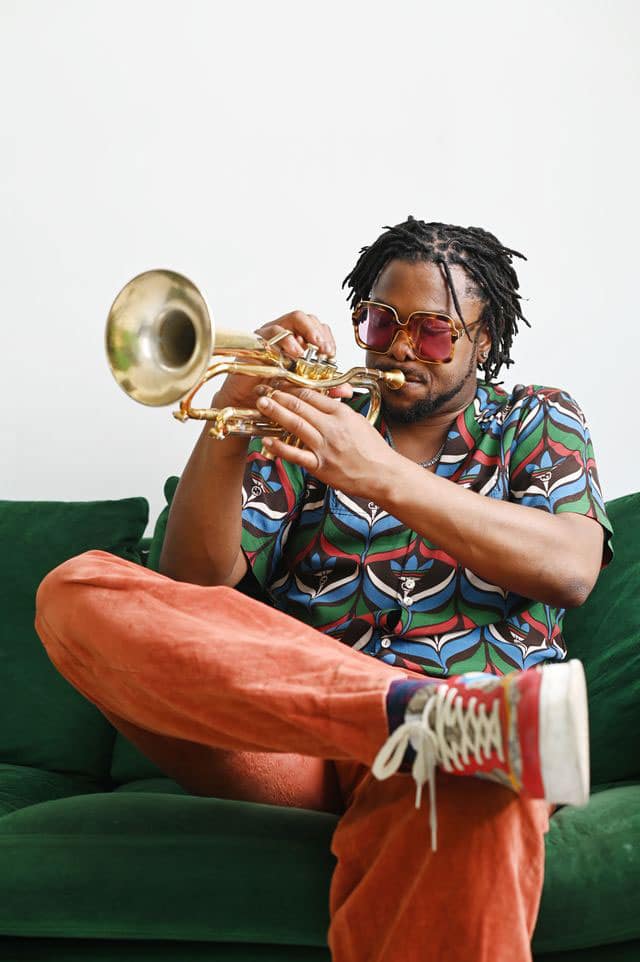
There’s a line between freedom and chaos that you seem to walk fearlessly. How do you keep your music expansive without losing its emotional center?
I think one way I accomplish that balance is by embracing the unknown. As a jazz musician at my core, improvisation isn’t just something I do on stage — it’s a part of my daily life. It’s what keeps things interesting and fun. I try to embrace chaos and turn it into something beautiful. For me, the emotional center is always the why. If I know why I’m playing something — what feeling I’m trying to communicate — then I can stretch the music as far as I want and it still lands. I let the arrangements roam, I let the instruments talk wild, but the intention stays anchored in truth. I’m not interested in noise for the sake of being different — I’m interested in freedom with purpose. That’s how I walk that line. I trust the chaos — but I lead with heart.
Collaborations with Kamasi Washington, MonoNeon, and Cimafunk suggest a deep creative trust. What connects you to these artists beyond the music itself?
All of these guys are my brothers. I work with them in some capacity whether it be in the studio or live shows. I have the same creative trust with them. All of these guys are my brothers. I’ve worked with Kamasi, MonoNeon, Cimafunk — and so many others — in different capacities over the years, whether it’s in the studio, on tour, or just jamming with no agenda. That kind of history builds a deep creative trust. What connects us goes way beyond music — it’s spirit. It’s energy. It’s that unspoken understanding that we’re all trying to push culture forward without compromising who we are. There’s no ego in the room when we create. We challenge each other, but we also catch each other. I know that if I throw out a wild idea, they’re not going to shut it down — they’re going to elevate it. And I do the same for them. That’s why the music hits the way it does. It’s not just collaboration — it’s family
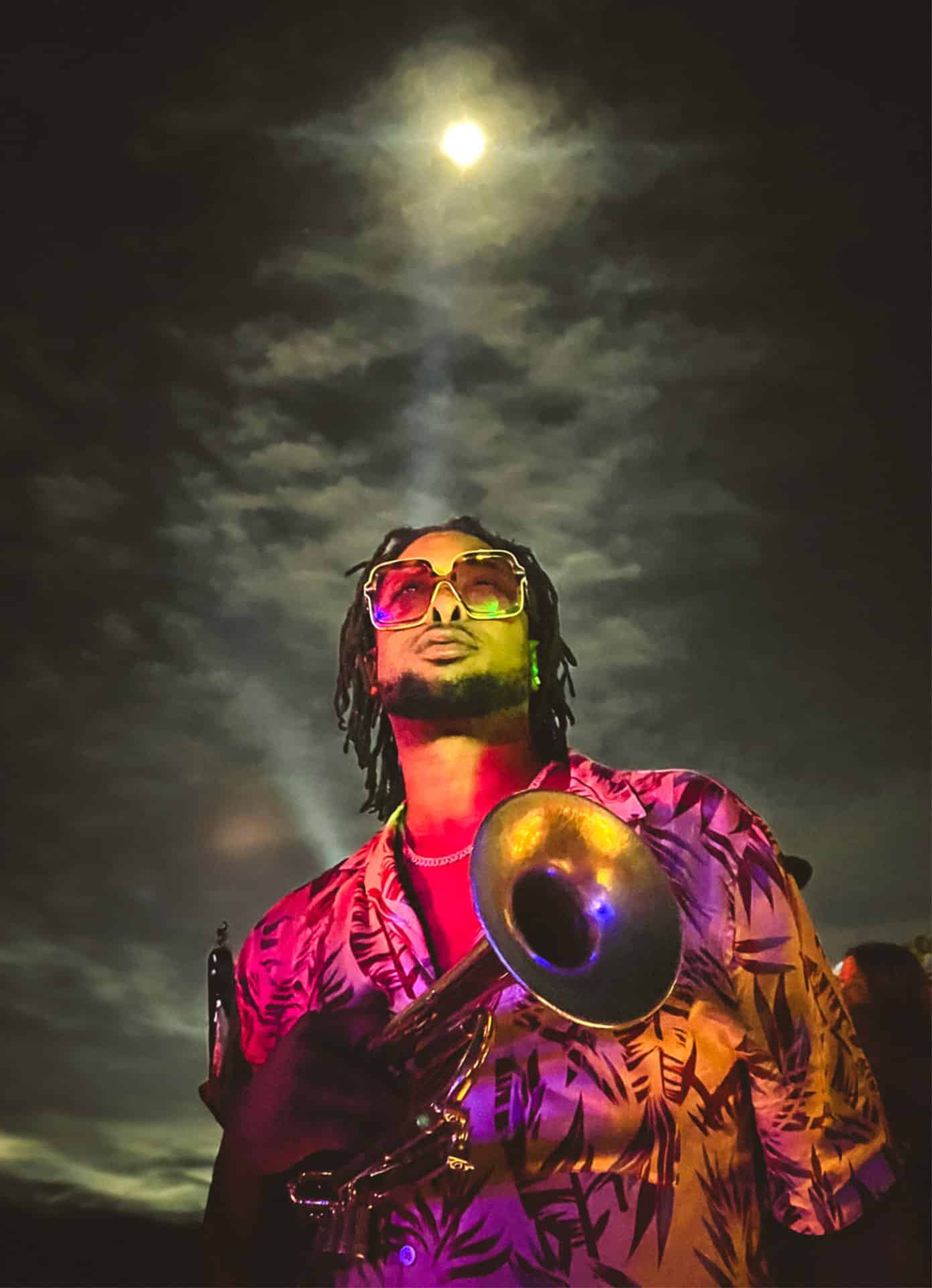
As a trumpeter and producer, you navigate both improvisation and structure — the spontaneous and the intentional. How do you balance those worlds in the studio?
I tried to treat creating in Studio the same as I do live. Vice versa when I perform live I’m thinking as if I’m in the studio. The goal is always clarity. I try to treat creating in the studio the same way I do when I’m live — and vice versa. When I’m recording, I leave space for spontaneity. When I’m on stage, I’m still thinking with a producer’s mindset. Those two worlds are constantly feeding each other. The goal is always clarity. Whether it’s a fully improvised moment or a carefully built arrangement, it still has to communicate something real. So I never let structure choke the spirit, and I never let freedom get messy for the sake of being wild. It’s like breathing — inhale with intention, exhale with instinct. That’s how I find the balance.
“Imposter Syndrome” hits a universal nerve — especially for artists. How do you personally quiet that inner critic when stepping into your next evolution evolution?
Imposter Syndrome is real — no matter how far you get, that voice in your head will always try to remind you of who you used to be instead of who you really are. For me, quieting that inner critic isn’t about ignoring it — it’s about answering it. I remind myself that evolution is supposed to feel uncomfortable. If I’m not a little scared, I’m probably not growing. I lean into preparation, into gratitude, into the fact that I’ve put in the work to be here. And honestly — I’ve learned to let the music speak louder than the doubt. When I’m tapped in, when I’m creating with purpose, that voice can’t compete. I don’t fight it — I just give my confidence more room on the mic. So when I step into my next chapter, I don’t ask, “Am I worthy of this?” I ask, “What would happen if I showed up like I already am?”
You’ve performed alongside legends from Anderson .Paak to Aretha Franklin. What’s the most unexpected lesson you’ve learned from those encounters?
The most unexpected lesson I’ve learned from being around legends is that greatness has less to do with talent and more to do with presence. When I played with artists like Anderson .Paak or Aretha Franklin, it wasn’t just the notes they sang or played — it was how fully there they were in every moment. No distractions. No hesitation. Total commitment. I realized that the real difference between good and legendary is intention. The legends don’t try to impress — they just lock into truth, and everything else follows. That taught me to stop chasing perfection and start chasing honesty. Because when you’re honest in your art, people feel it — whether it’s a packed arena or a tiny club. That’s the real magic.
There’s an undeniable spiritual urgency in Betta Days. Do you see music as a form of prayer, protest, or both?
Both — without question. Music has always been my version of prayer and protest at the same time. Prayer isn’t just asking for something — it’s aligning yourself with something higher. Protest isn’t just shouting against — it’s standing for something. When I make music, I’m doing both. I’m speaking to the spirit and I’m speaking to the world. Betta Days is full of joy, but it’s not escapism — it’s resilience. It’s me saying, “I still believe in better even when things look rough.” That’s a prayer. And it’s also a protest against hopelessness. So yeah — every note is lifted up, and every note is pushing back.
You’ve built a career that defies genre — jazz purists, hip-hop heads, and soul lovers all find a home in your sound. What does “genre” even mean to you at this point?
To me the genre is freedom. I understand why people use labels — it helps them organize things. But I never felt like I belonged in just one box. I grew up on Coltrane and Biggie, D’Angelo and Miles, Fela and Curtis. So why would I pretend I’m only one thing? At this point, I treat genre like a color palette — not a cage. Some days I lead with jazz, some days hip-hop, some days soul, but it’s all coming from the same core. The goal isn’t to fit in — it’s to feel true. If my music makes a jazz purist nod, a hip-hop head bounce, and a soul lover close their eyes — then I’m doing my job. That’s what genre means to me: permission to be limitless.
As you look toward your next chapter, what does a “betta day” look like in your own life — as an artist, as a man, as a human still searching for purpose?
For me Betta Days looks like. Betta Days for me isn’t about everything being perfect — it’s about waking up with clarity and peace. As an artist, it means creating freely without worrying about trends, algorithms, or expectations. Just making what’s real to me. As a man, it’s about loving myself enough to protect my energy — surrounding myself with people who feed my spirit, not just my schedule. It’s being present, not just productive. And as a human still figuring it all out? A betta day is when I’m brave enough to face my fears, heal what needs healing, and stay open to whatever the universe wants to show me. It’s choosing growth over comfort. Every song on this album came from me chasing that — trying to live in that space between purpose and peace. That’s what a betta day sounds like to me

